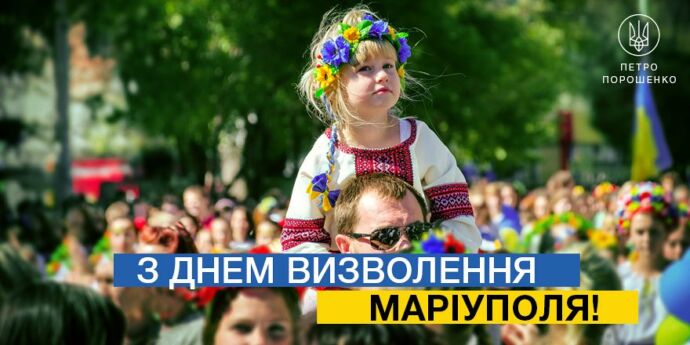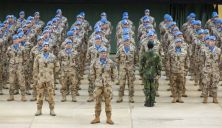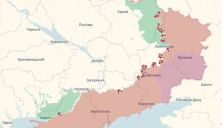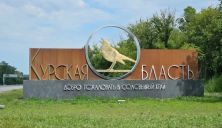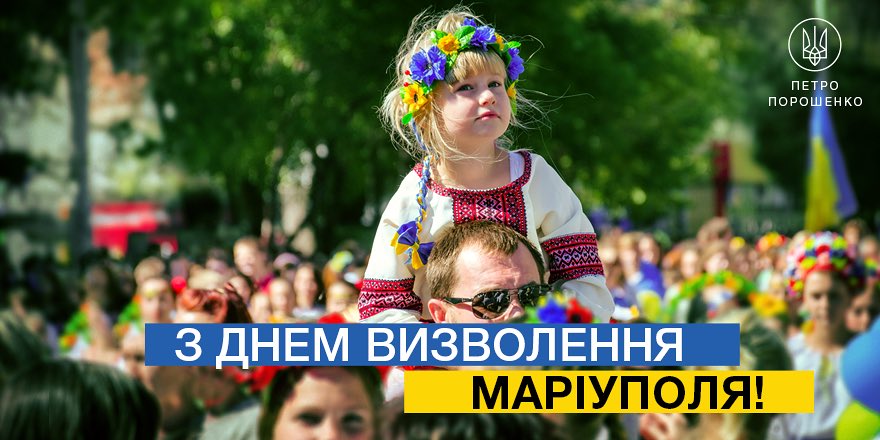
Photo from Twitter of Petro Poroshenko
President Petro Poroshenko congratulated Ukrainians on the anniversary of the liberation of Mariupol.
“Congratulations on the fourth anniversary of the liberation of Mariupol! Sure, we will definitely establish peace and return all occupied territories to Ukraine,” Poroshenko wrote on Twitter.
The confrontation between Ukrainians and pro-Russian separatists in Mariupol started almost immediately after former President Viktor Yanukovych fled from Ukraine, writes Ukrinform. Russian hybrid forces particularly intensified their attacks after the Crimean accession to the Russian Federation.
Approximately from mid-April, the Mariupol City Council was captured by separatists. The police, the Security Service of Ukraine and the prosecutor’s office were completely paralyzed.
Government forces withdrew on 9 May, 2014, after heavy fighting left the city’s police headquarters gutted by fire. Ukrainian forces continued to maintain checkpoints outside the city.
The liberation of Mariupol was initially planned for May 23, 2014, in order to allow the local residents to vote in the presidential elections together with other Ukrainians, but subsequently, after analyzing the available forces and resources, this plan was abandoned. June 13 was set as the final date for liberation.
Hundred and fifty soldiers from the Azov Battalion, two troops of the Dnipro battalion, two troops of the National Guard of Ukraine and special forces of the Ministry of Internal Affairs, participated in the operation. Members of the Right Sector and local activists also provided assistance.
During the operation, key locations of pro-Russian mercenaries were eliminated, their equipment was destroyed, and Ukrainian forces took control of all structures, including the City Council building. Since then, thanks to the efforts of the Ukrainian military and local residents, the city lives a tense but fairly peaceful life.
The special operation became a turning point in the hybrid war in the east of Ukraine. At the time, militants had been occupying the seaside city of Donetsk Region for over a month.
Mariupol is still vulnerable to terrorist attacks, the largest of which occurred on Jan. 24, 2015. That day, terrorists fired with artillery towards checkpoints of the Ukrainian Armed Forces and the residential neighborhood, Skhidnyi. Thirty people were killed and 128 injured.
Mariupol is strategically important because it lies on major roads from the southeastern border with Russia into the rest of Ukraine, with steel exported through the port.

